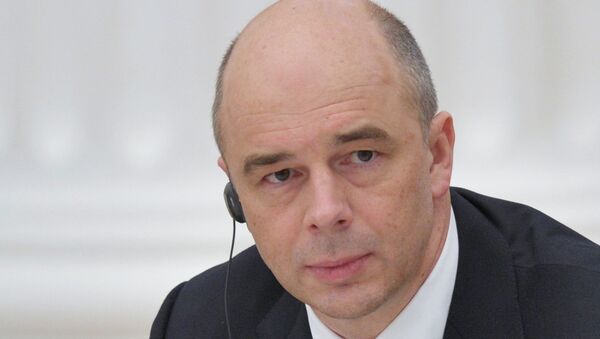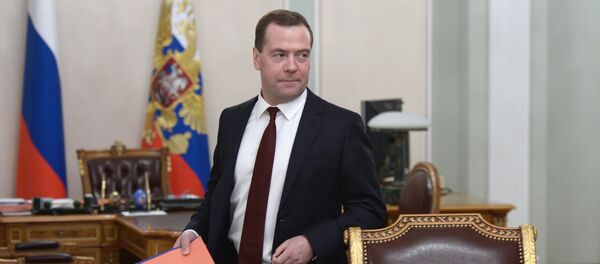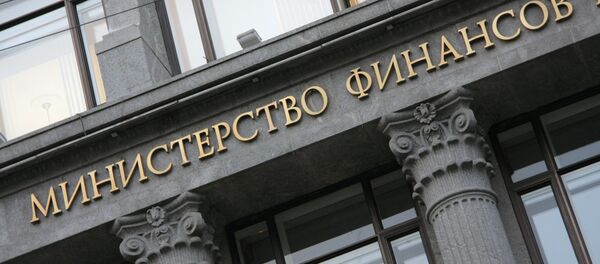“We suggest concentrating our investment expenditures, reviewing them,” the minister told the Federation Council.
He suggested that all major construction projects scheduled for completion this year should receive financing in full. Finance planning for future projects will be reviewed and, in most cases, cut by half, the minister continued.
“The launch of all new construction projects should be postponed for the time being,” Siluanov added.
The finance minister stressed that Russia would not cut investment to its Crimea Republic, a Russian-majority area which voted last March to secede from Ukraine. Building projects will not be frozen in Sevastopol, Crimea's special status city on the Black Sea.
The Russian finance ministry unveiled a revised anti-crisis plan earlier Wednesday envisioning deep spending cuts. The ultimate goal is to balance the books by 2017, offsetting a federal deficit following a slide in global oil prices.
The Russian budget relies largely on oil revenues, which slumped in the second half of 2014 due to global overproduction.
Siluanov added that the country needed to decrease its budget spending in order not to drive inflation.
“Our economy needs to be adapted to the new conditions in domestic demand. We cannot hold this volume of demand when there’s a decrease in supply. Our imports have decreased as have our volumes in the economy. We cannot have as much budget expenses as commercial demand…this will lead to inflation,” Siluanov said.
The official forecast for inflation by the Ministry of Economic Development in 2015 is currently at 7.5 percent. According to Economic Development Minister Alexei Vedev, the peak of inflation will hit in March or April of this year when the growth in prices may reach 15 to 17 percent year-on-year.
Anton Siluanov said the National Wealth Fund was currently holding 4.9 trillion rubles ($72.9 billion at the current exchange rate) and the Reserve Fund has 5.6 trillion rubles ($83.3 billion at the current exchange rate).
“If we fail to optimize the expenditures now, if we keep the allocation of [financial] resources at the present level, we may lose these funds in 1.5-2 years,” the minister said.
“One of our main tasks at the moment is to preserve these reserves, to preserve the financial stability of the state that was created in recent years,” he went on.
Russia's economy is currently suffering from a sharp decline in global oil prices, given that the country's budget is largely dependent on energy exports. Russia is also affected by Western sanctions imposed on Moscow over the Ukrainian crisis. The ruble has lost approximately half its value against the dollar since mid-2014.
Earlier on Wednesday, the Russian government published an anti-crisis plan designed to ensure economic development and social stability in the time of unfavorable economic conditions. The plan stipulates that Russia's expenses will shrink at a rate of 5 percent a year over the next few years in order for the budget to balance by 2017.




